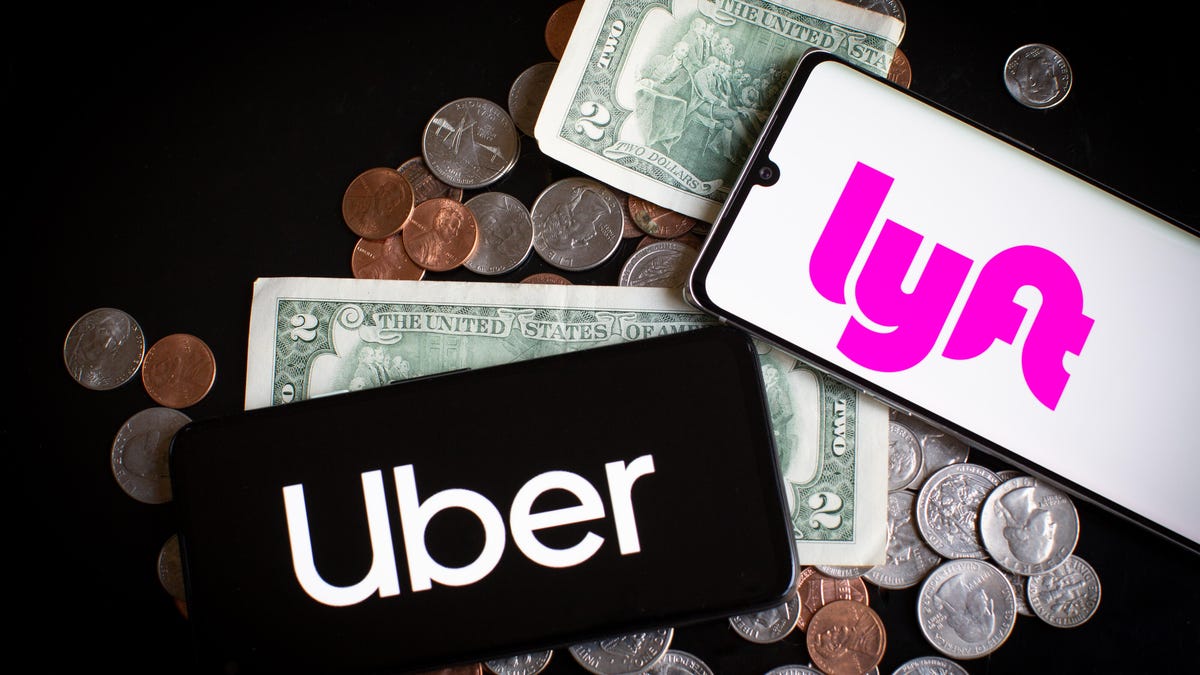Seattle approves minimum wage for Uber and Lyft drivers
The ride-hailing services will be required to pay their drivers at least $16.39 under the new law.

New Seattle regulation requires Uber and Lyft to pay their drivers a minimum wage.
The Seattle City Council unanimously approved a minimum pay standard for Uber and Lyft drivers on Tuesday, the second city in the US to do so. Under the new regulation going in to effect in January, the ride-hailing services will be required to pay their drivers at least $16.39 an hour.
"The pandemic has exposed the fault lines in our systems of worker protections, leaving many frontline workers like gig workers without a safety net," Mayor Jenny Durkan said in a statement.
The law, passed in a 9-to-0 vote, is modeled after one passed by New York in August 2018 that caps how many ride-hailing cars from services like Uber and Lyft can be on the street. Seattle's law will require drivers be paid at least 56 cents per minute and $1.33 per mile driven while transporting passengers.
Lyft criticized the move, saying it would eliminate thousands of jobs.
"The City's plan is deeply flawed and will actually destroy jobs for thousands of people -- as many as 4,000 drivers on Lyft alone -- and drive ride-share companies out of Seattle," Lyft said in a statement.
Uber said in a letter to the Seattle City Council that it was disappointed that Seattle had chose the "same damaging policy" as New York.
"Uber may have to make changes in Seattle because of this new law, but the real harm here will not be to Uber," Uber said. "It is the drivers who cannot work and the community members unable to complete essential travel that stand to lose because of the ordinance."
Ride-hailing companies have resisted efforts to classify their drivers as employees because it could make doing business more expensive for the companies. Critics charge that Uber and Lyft reap a financial windfall by treating its drivers as contractors and thus avoiding higher costs such as paying benefits, overtime and insurance.
California approved legislation last year that would require Uber and Lyft to reclassify their drivers as employees, but both companies are sponsoring a bill on the state's November ballot that aims to specifically exempt them from the law, called AB5. The ballot measure, called Proposition 22, suggests creating an alternative to the law that keeps workers as independent contractors, but adds a few more benefits, such as expense reimbursement and a health care subsidy.
In crafting the ordinance approved Tuesday, Seattle commissioned two well-known economists to determine how much drivers actually make, while Uber and Lyft quietly commissioned researchers from Cornell University who came up with very different conclusions.The city's researchers found that drivers made an average of about $9.73 per hour, while the ride-hailing companies' researcher put the number at $23.25.

